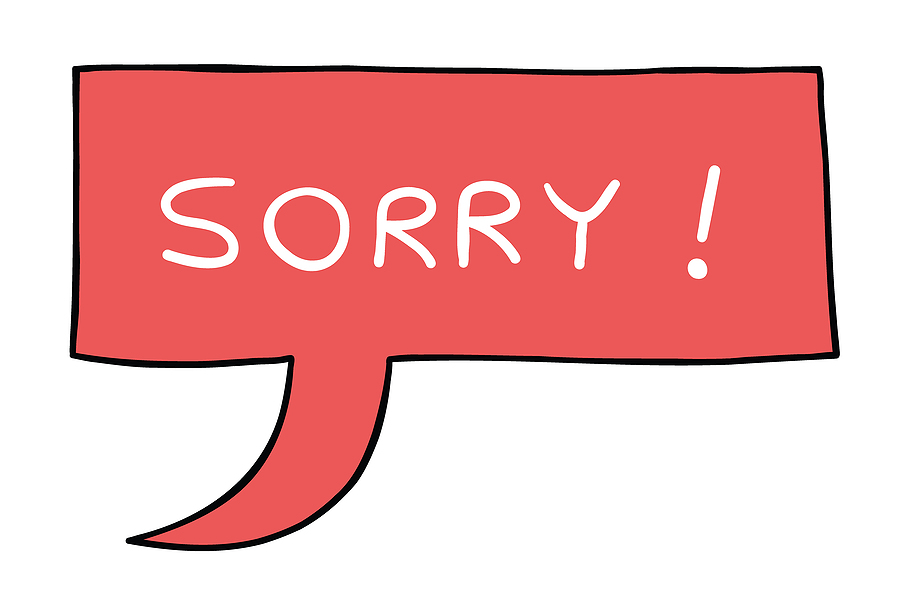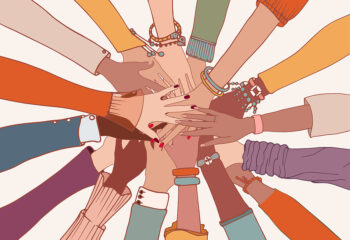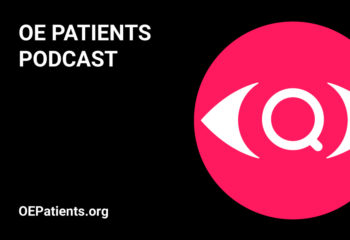According to the Oxford Dictionary, sorry means: feeling distress over someone else’s misfortune, feeling regret, or in a poor or pitiful condition. So why do we frequently use it so casually and out of context? Is it distress, pity or regret that compels us to insert “Sorry” ahead of a reasonable and valid request? Or is it just an unfortunate habit in need of a conscious correction?
An expression of regret, when you haven’t done anything wrong, is completely unnecessary. The preemptive apology tells the person it is directed to that you are not feeling good about what you are saying to them, which is not helpful to either of you. Knowing that you are feeling bad does not make the other person feel better. This applies across the board to family, friends and colleagues. Keep in mind, if the person you are saying “sorry” to is in a position that involves customer service, helping you is actually in their job description. The important thing to remember is, people usually feel very good when helping others, so don’t disrupt that positive energy.
This topic has been recurring, on our pages since it came up in the OE Patients Podcast: Working With A Vision Coach. “I Don’t Have to Apologize,” is one of the Mindsets & Beliefs we examined in conversation with Jaydan Mitchell. The podcast also inspired a post titled, Asking for Help is a Strength. Both subjects are familiar to people with vision loss, and frankly to all humans.
The unnecessary apology can make you look, and feel, less confident. It’s perfectly okay for you to ask for what you need. Think of and begin using better words to communicate with clarity. Take the cringe out of your requests and turn them into mutually gratifying experiences. How about trying some simple word replacements for sorry, that can begin your request without “sorry.”
- I am visually impaired and…
- Excuse me, I need some help….
- Hi, can you help…
- Is there someone who can assist me with…
- Unfortunately, I am not able to read this…
- I’d appreciate your help with…
- Please can you show me where…
- Pardon me, may I ask you for help reading…
Take back the power by eliminating the knee-jerk apologies and replacing them with clear and specific requests. It will take some time, some thought and some practice. And ultimately, it will be better for everyone involved.








